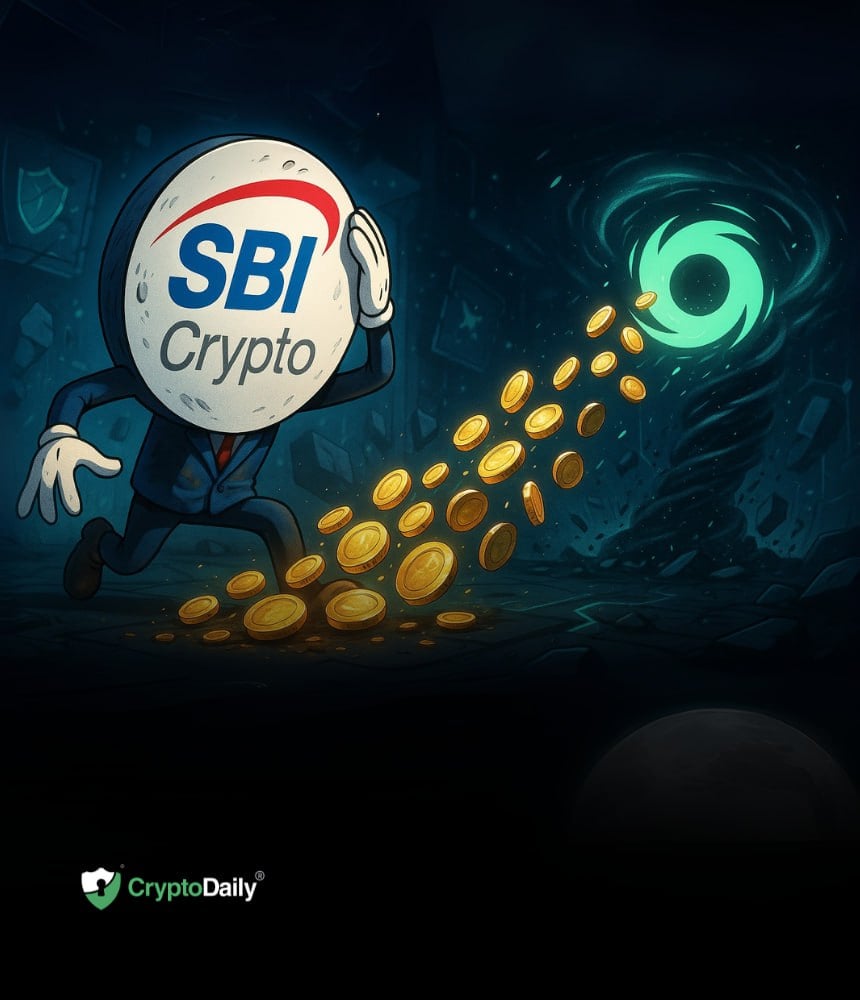Cryptocurrency Prices by Coinlib

SBI Group’s Crypto Arm Hit By $21M Exploit Linked To North Korean Hackers

SBI Crypto, a subsidiary of Japan’s SBI Group, was struck by a serious breach as hackers allegedly linked to North Korea stole $21 million from its crypto mining pool. The hack was flagged by blockchain sleuth ZachXBT, who recognized suspicious outflows of varied cryptocurrencies, together with Bitcoin (BTC), Dogecoin (DOGE), Litecoin (LTC), and Bitcoin Money (BCH). North Korean Hackers Drain $21 Million From SBI Crypto SBI Holdings, Japan’s largest conventional finance group, has been hit by a serious breach as hackers stole $21 million from the mining pool of its crypto subsidiary, SBI Crypto. The stolen funds embody Bitcoin (BTC), Dogecoin (DOGE), Litecoin (LTC), and Ethereum (ETH). The hack exhibited a number of similarities to different exploits by North Korean hackers. In accordance with ZachXBT and safety agency Cyvers, the funds had been rapidly moved by way of prompt exchanges and deposited into Twister Money. Twister Money has been sanctioned by US authorities for its function in obscuring illicit transactions. ZachXBT wrote on Telegram,
“On September 24, 2025, addresses linked to SBI Crypto noticed ~$21M in suspicious outflows on Bitcoin, Ethereum, Litecoin, Doge, & Bitcoin Money. The stolen funds had been transferred to 5 prompt exchanges and deposited into Twister Money. Apparently, a number of indicators share similarities to different recognized DPRK assaults.”
SBI And Its Crypto Involvement SBI Holdings has been increasing its presence within the cryptocurrency ecosystem. The corporate has begun providing Bitcoin ETFs and tokenized shares, permitting prospects to entry crypto companies. Nevertheless, its rising involvement within the crypto area has additionally elevated its publicity to safety threats and hacks, the most recent being the hack of its mining pool. On-chain investigators, together with ZachXBT and CyversAlerts, traced a number of suspicious transactions from addresses linked to SBI crypto. Hackers funneled the stolen funds by way of exchanges and moved to Twister Money to obfuscate the path of the funds. Twister Money has come underneath scrutiny for permitting hackers to launder stolen funds. Twister Money founder Roman Storm has been charged with conspiracy to commit cash laundering and sanctions violations to launder stolen funds. Attainable North Korean Connection In an evaluation of the hack, ZachXBT drew a number of parallels between the exploit and former hacks and thefts linked to the dreaded North Korean Lazarus Group. The hacker group is thought for focusing on digital belongings and has been linked with heists price billions of {dollars}. The hackers then used decentralized mixers to launder the proceeds, usually leaving the impacted celebration with no recourse.
“In accordance with ZachXBT, roughly $21 million in cryptocurrency was suspiciously transferred from pockets addresses related to SBI Crypto, in the end deposited into Twister Money. North Korean hackers are suspected to be behind the assault. SBI is Japan's largest cryptocurrency firm.”
Rising Issues Round Hacks Mining swimming pools facilitate the pooling of sources to mine cryptocurrencies. Nevertheless, they're weak to hacks as a result of they handle a big quantity of funds and are linked to a number of events, giving hackers a number of entry factors. As crypto and mining infrastructure turn into extra complicated, they provide malicious entities extra alternatives to take advantage of potential weaknesses. Investigators imagine the hackers might have discovered a option to exploit a weak point in SBI Crypto’s methods and siphon funds with out being found. SBI Holdings has but to formally acknowledge the breach. Nevertheless, the hack highlights the rising safety dangers confronted by the crypto trade. The assault can be a part of a rising development by which hackers give attention to much less safe targets, together with mining swimming pools, exchanges, and bridges.Disclaimer: This text is supplied for informational functions solely. It isn't supplied or meant for use as authorized, tax, funding, monetary, or different recommendation.
